B89 The Concise Collection on Creed &Tawheed
$15.99
Since knowing Allah is one of the foremost obligations in the religion of Islam, and the topic of Tauhid (Monotheism) is the most important study for that knowledge, this collection is prepared to provide an easily usable reference in the form of easy, concise and simple writings on this topic. Also included in this collection are articles explaining the truth about certain common misunderstandings as regards creed issues.
Share this:
-
Additional information
Additional information
Weight .9 lbs written-by -
Reviews (0)
Be the first to review this items Cancel reply
Related Products
-
B311 Laa Ilaaha Ill-Allah: Its Meaning,Pillars, Conditions
Aqeedah-Creed $7.99Shaykh Muhammad bin ‘Abdil-Wahhaab al-Wassaabee answers this question by illuminating the reality of saying “Laa Ilaaha ill-Allaah.” He presents a terse, yet rich explanation of this statement, its pillars and its conditions and warns of what nullifies it. He also indicates where this statement appears in the Noble Qur’an and the various ahaadeeth attesting to its importance.
It is imperative that every Muslim, male or female, young or old, to not only reaffirm that Laa Ilaaha Ill-Allaah, but understand its meaning and its implications.
-
B356 Stability of the Aqeedah of The Salaf & its Safety From Alteration
Aqeedah-Creed $9.99The Salaf (may Allāh have mercy on them) have enormous efforts in this tremendous arena. They have great actions, and service to the Aqeedah, aiding it, and establishing the significant obligations towards it. They have written hundreds, of books clarifying and explaining it, with proofs and evidence. Rather they have authored thousands of books; some are lengthy while some are concise; some are complete in describing every facet while some are limited to a particular subject matter. Some of these books lay the foundation for the truth and that which is correct while others refute those who oppose.
 (267) 428-1723
(267) 428-1723




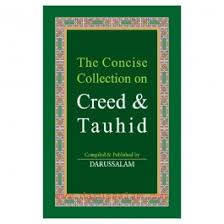


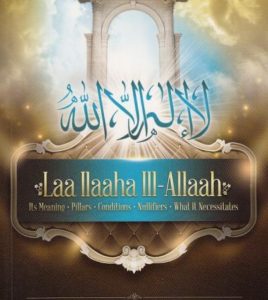

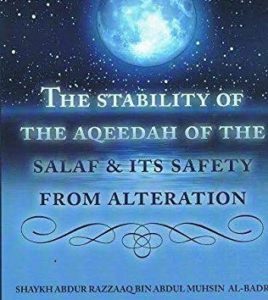
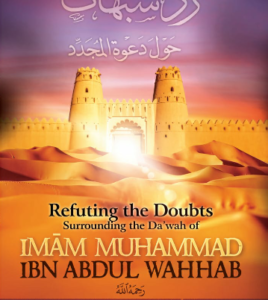
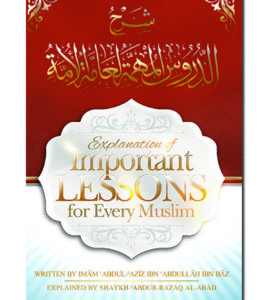
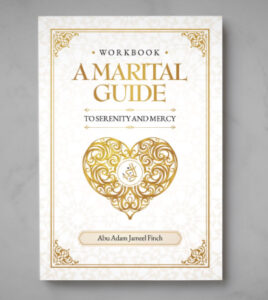

There are no review yet!